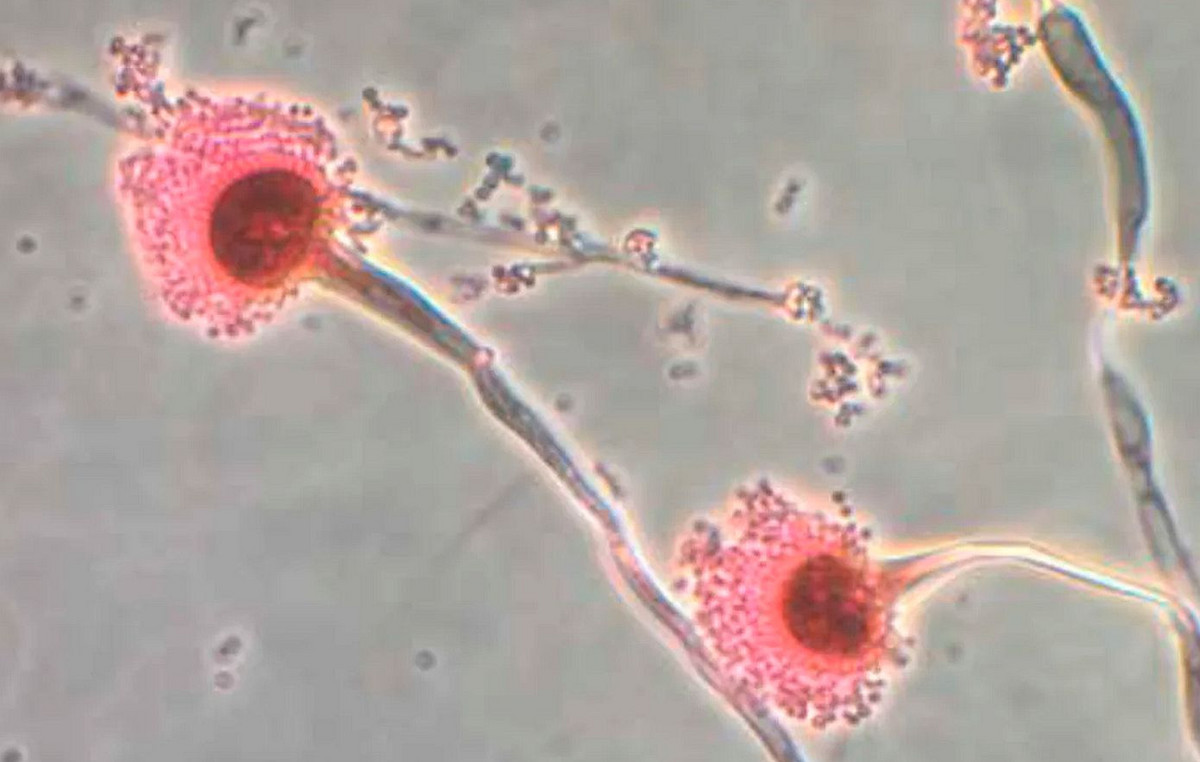Research led by Texas A&M University has developed a new family of polymers capable of killing bacteria without forcing an increase in their resistance to antibiotics.
This is one of the main challenges in science, as antibiotic-resistant bacteria have lethal potential and require the discovery of stronger medicines. This, in turn, can increase resistance and make them even stronger.
“The new polymers we have synthesized could help combat antibiotic resistance in the future by providing antibacterial molecules that operate by a mechanism that bacteria do not appear to develop resistance against,” said Dr. Quentin Michaudel, professor in the university's Chemistry department. and research leader.
The polymers were tested on two superbugs: Escherichia coli It is Staphylococcus aureus (MRSA). At the same time, the research also sought to test the effect of these polymers on human red blood cells.
“A common problem with antibacterial polymers is the lack of selectivity between bacteria and human cells when they reach the cell membrane,” explained Michaudel.
“The key is to find the right balance between effectively inhibiting bacterial growth and killing multiple cell types indiscriminately.”
The group's goal now is to study the selectivity of polymers to ensure that they destroy bacteria without reaching human cells along the way. Only after this does the group plan to begin testing on living organisms.
Source: CNN Brasil
I am an experienced journalist and writer with a career in the news industry. My focus is on covering Top News stories for World Stock Market, where I provide comprehensive analysis and commentary on markets around the world. I have expertise in writing both long-form articles and shorter pieces that deliver timely, relevant updates to readers.





